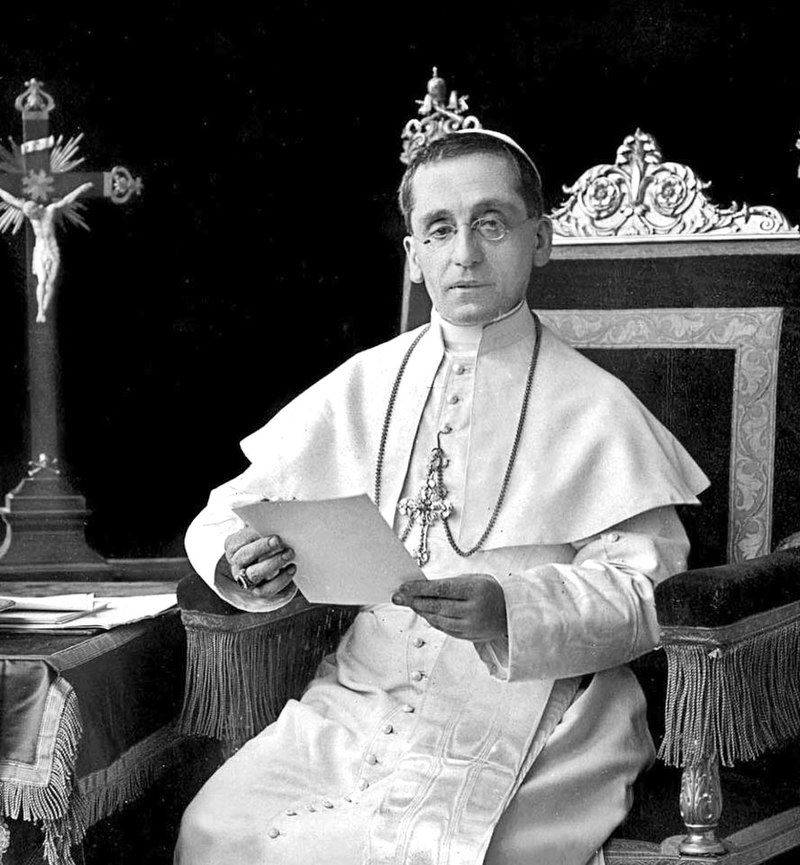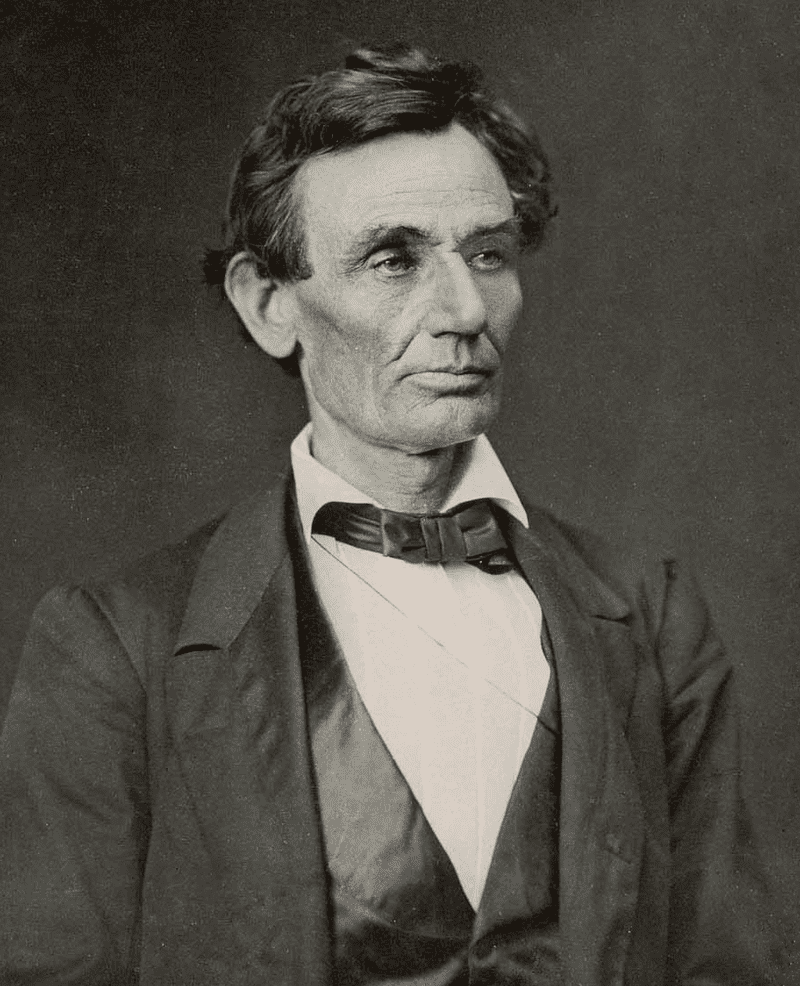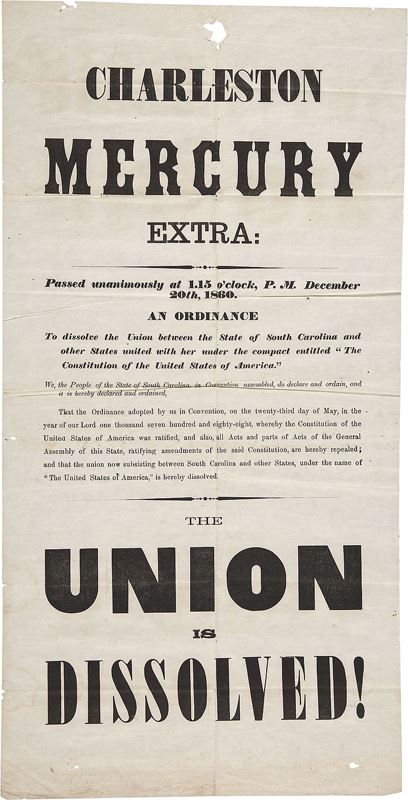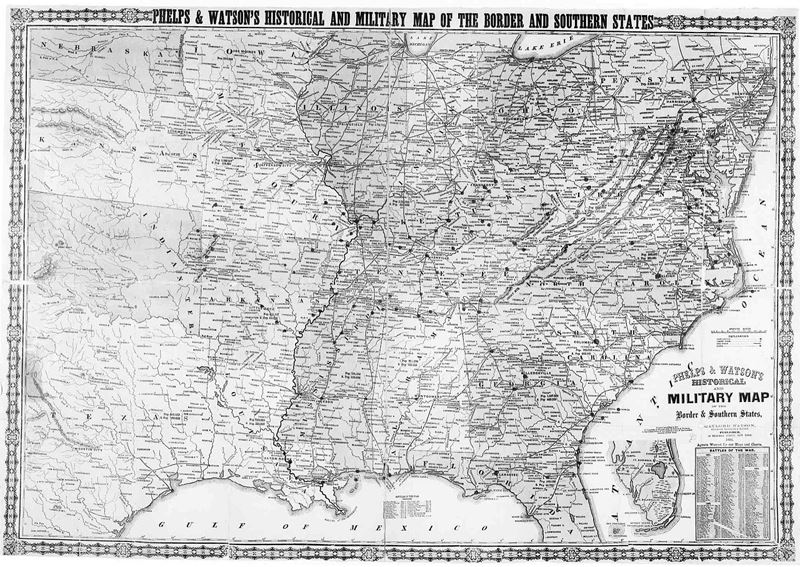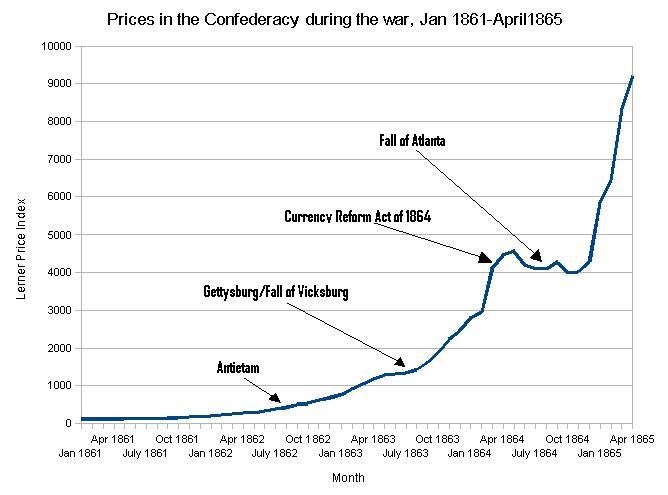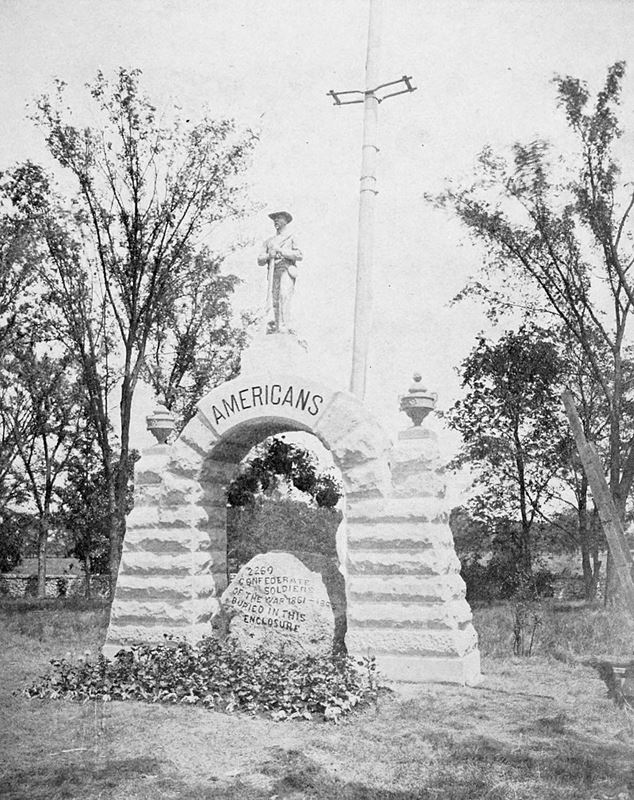Benedict XV’s pontificate was dominated by World War I, which he termed, along with its turbulent aftermath, “the suicide of Europe.”[25] Benedict’s first encyclical extended a heartfelt plea for an end to hostilities. His early call for a general Christmas truce in 1914 was ignored, although informal truces were organized. Late in the war, in May–October 1917, the apparitions of Our Lady of Fatima occurred in Fatima, Portugal, apparitions that would be declared “worthy of belief” in 1930 during the papacy of his successor, Pius XI.
The war and its consequences were Benedict’s main focus during the early years of his pontificate. He declared the neutrality of the Holy See and attempted from that perspective to mediate peace in 1916 and 1917. Both sides rejected his initiatives.
Pope Benedict XV during his reign.
The national antagonisms between the warring parties were accentuated by religious differences before the war, with France, Italy and Belgium being largely Catholic. Vatican relations with Great Britain were good, while neither Prussia nor Imperial Germany had any official relations with the Vatican. In Protestant circles of Germany, the notion was popular that the Catholic Pope was neutral on paper only, strongly favoring the allies instead.[26] Benedict was said to have prompted Austria-Hungary to go to war in order to weaken the German war machine. Also, allegedly, the Papal Nuncio in Paris explained in a meeting of the Institut Catholique, “to fight against France is to fight against God”,[26] and the Pope was said to have exclaimed that he was sorry not to be a Frenchman.[26] The Belgian Cardinal Désiré-Joseph Mercier, known as a brave patriot during German occupation but also famous for his anti-German propaganda, was said to have been favored by Benedict XV for his enmity to the German cause. After the war, Benedict also allegedly praised the Treaty of Versailles, which humiliated the Germans.[26]

